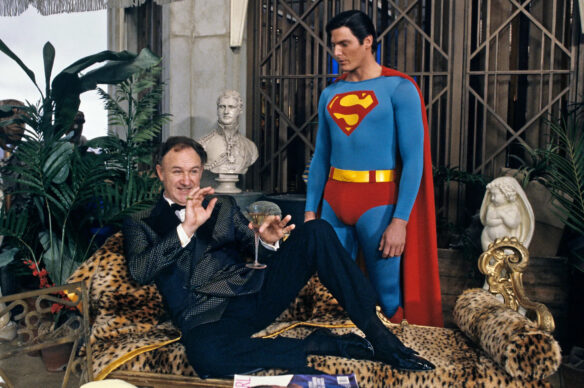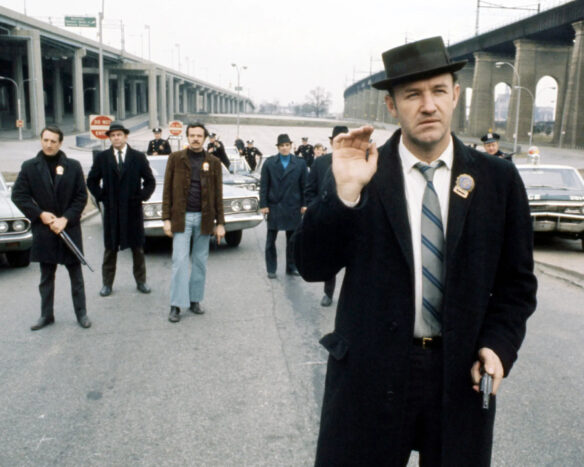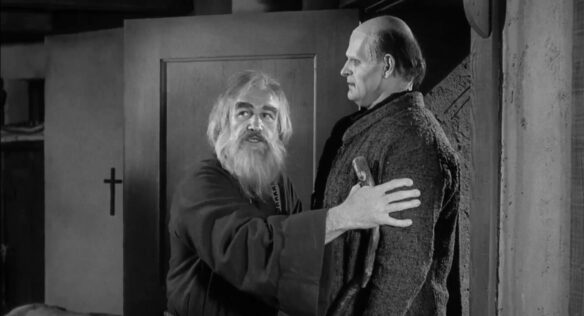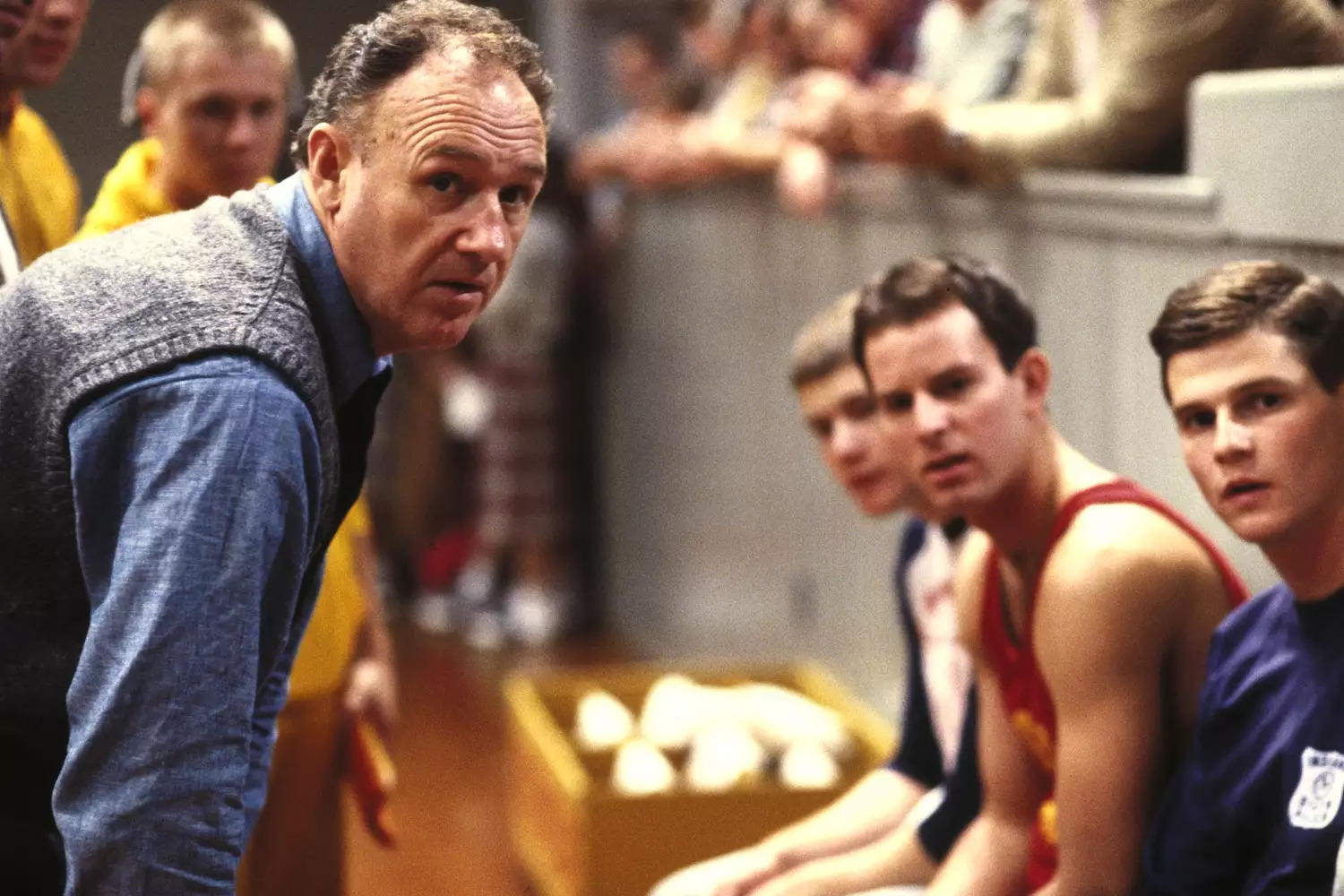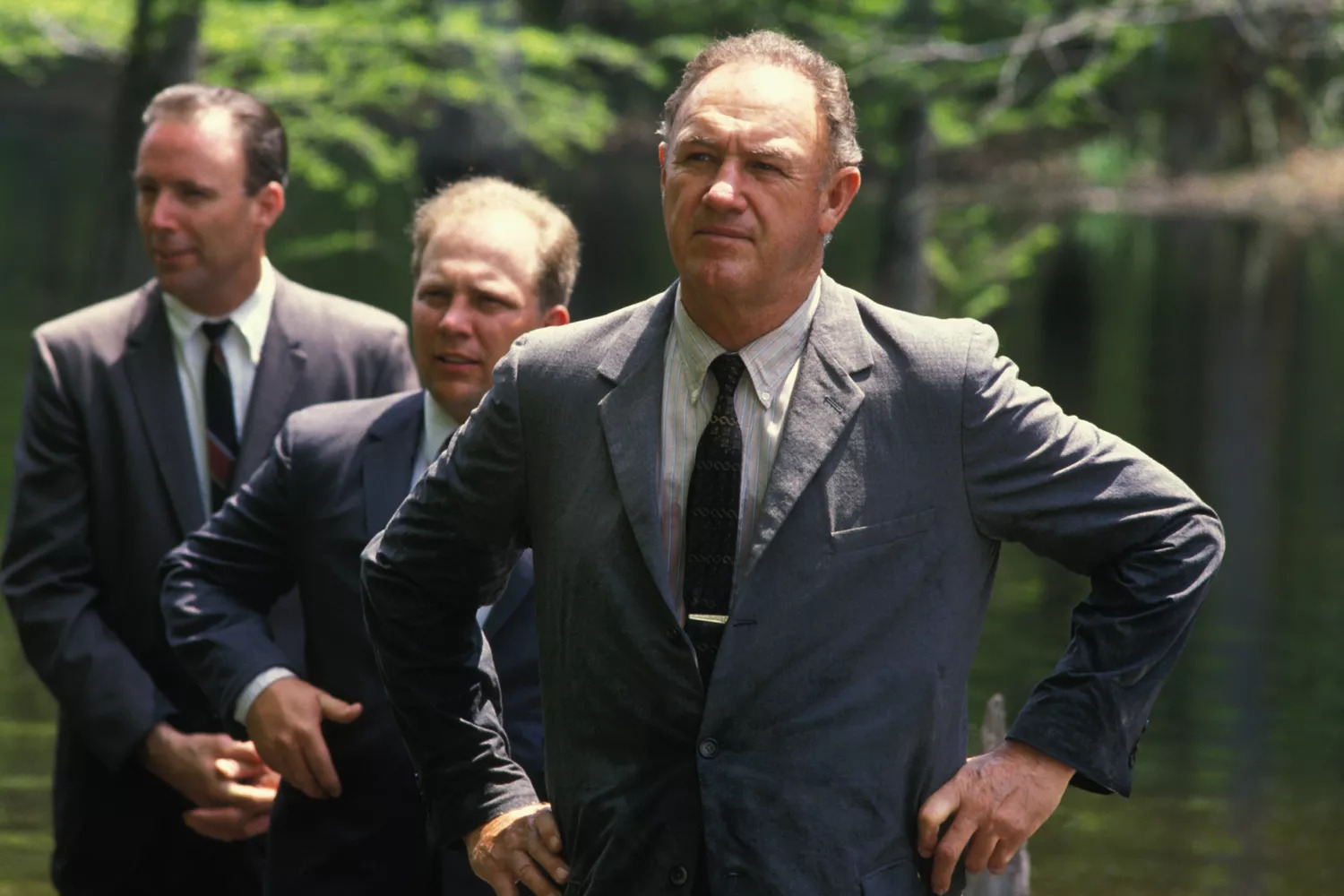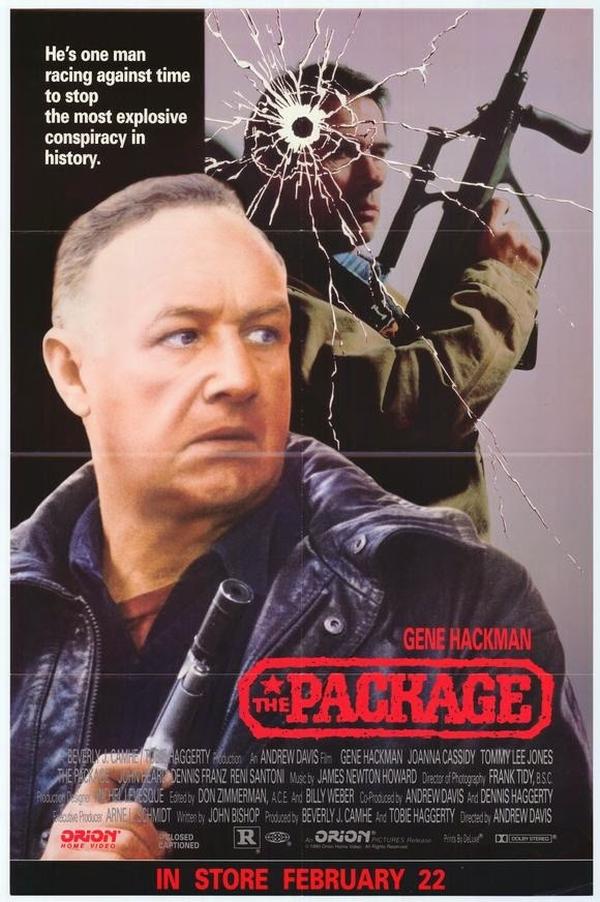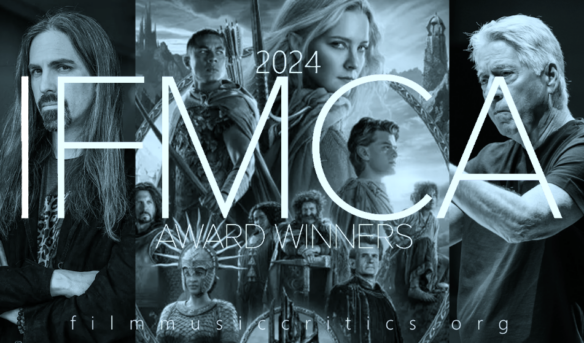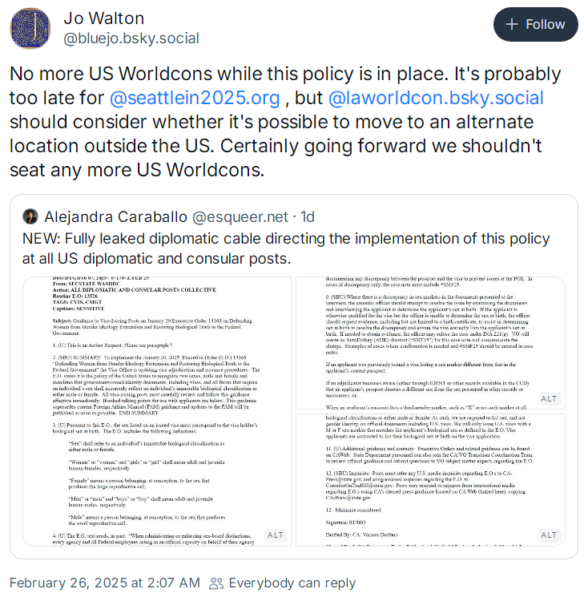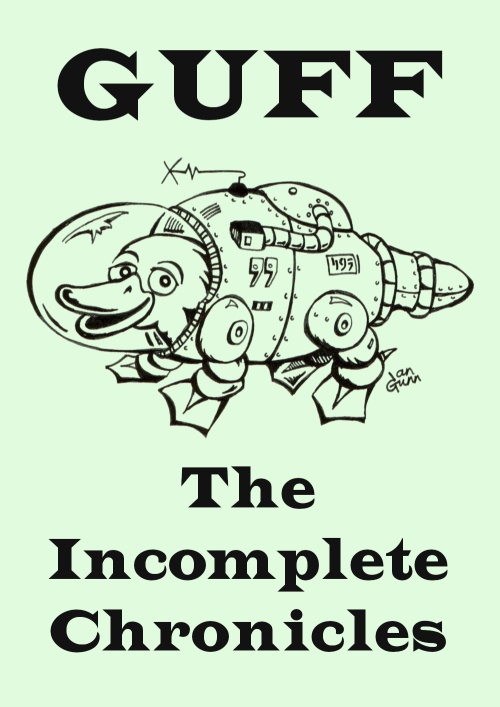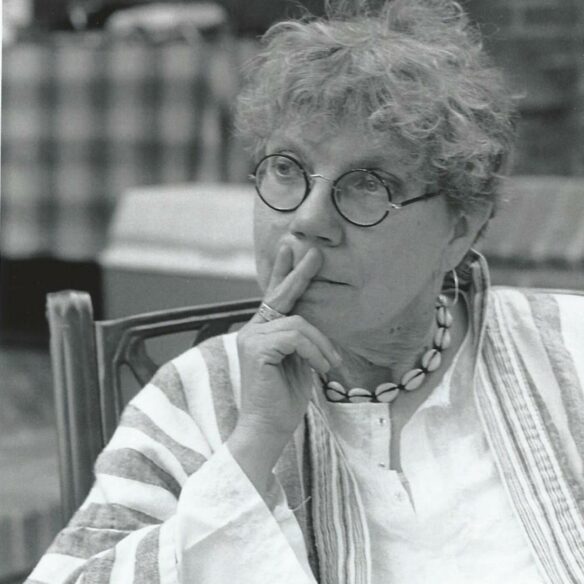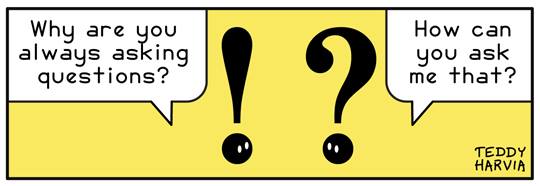(0) LONG AFTERNOON OF THE SHORT SCROLL. Bot problems again. Even Cloudflare “Under Attack” making us all prove we are human (to the extent that can be done by clicking a box; don’t ask me) didn’t keep the site available. I’ve spent hours dealing with customer service instead of finishing the Scroll. If you’re reading this at all, great!
(1) MORE ON PROZINE OWNERSHIP CHANGE. Publishers Lunch ran this item today:
Must Read Magazines, a new division of Must Read Books Publishing, has acquired five genre magazines: Alfred Hitchcock’s Mystery Magazine, Analog Science Fiction and Fact, Asimov’s Science Fiction, Ellery Queen Mystery Magazine, and The Magazine of Fantasy & Science Fiction. All editorial staff from the magazines will stay on.
The company writes that they plan “to bolster the magazines by expanding their distribution in trade bookstores, increasing their digital footprint, investing more in marketing the magazines to new readers and writers across channels, and using their platform to promote genre fiction authors in general.”
(2) WRITERS AND ARTISTS, GET READY. Dream Foundry is also looking ahead to their annual Writing and Art Contests which open to submissions from April 7 through June 2, 2025.
Prizes include $1500 USD for first place, in each contest (the art contest’s prize money as part of the Monu Bose Memorial Prize). Second place prize is $750 and third place prize is $400.
The 2025 writing contest judges are C. S. E. Cooney and Carlos Hernandez, with contest coordinator Julia Rios.
Naomi Franquiz, Bex Glendining, and Jasmine Walls are the art contest judges, with Ilinica Barbacuta as the contest coordinator.
(3) BRANCHING OUT. The latest episode of the Center for Science and Imagination’s CSI Skill Tree is “Chrono Trigger with Aidan Moher and Troy L. Wiggins”. The Skill Tree series examines how video games envision possible futures and build thought-provoking worlds.
In this episode, we discuss Chrono Trigger, a time-hopping roleplaying adventure that unfolds its story through an alchemical blend of science fiction and fantasy elements. It’s often cited as one of the best and most influential video games of all time.
Our guests are Troy L. Wiggins, a writer and editor and cofounder of FIYAH, the award-winning magazine of Black speculative fiction, and Aidan Moher, a writer of speculative fiction and nonfiction, founder of the Hugo Award–winning blog A Dribble of Ink, and author of the book Fight, Magic, Items: The History of Final Fantasy, Dragon Quest, and the Rise of Japanese RPGs in the West.
Also, here’s a YouTube playlist with all 17 of our Skill Tree episodes thus far.
(4) SPSFC STATUS. The Self-Published Science Fiction Competition, now in its fourth year, was started by Hugh Howey in 2021, and administered by Duncan Swan, however, it was publicly revealed earlier this month for the first time that neither has been involved with the contest for over two years. The leads of the volunteer judging teams and a few others have been keeping it going.
The reason for the public statement — “Let Me Speak to Your Manager” – was to keep Howey from becoming the focus of complaints about a controversy which he had no hand in creating. The day after SPSFC’s volunteer leaders posted their new “SPSFC Code of Conduct”, they got a lot of social media pushback.
One side contends an author’s book must be accepted in a contest even if his social media is filled with antisemtism, racism, misogyny, and/or transphobia.
The other side, the contest administrators, say they don’t have to potentially honor a book by such a person, or associate with them.
Reportedly a number of authors have withdrawn themselves from the competition – at least nine.
(5) MEMORY LANE.
[Written by Cat Eldridge.]
Roger Zelazny’s Damnation Alley (1969 novel, 1977 film)
Roger Zelazny’s Damnation Alley is a novel that I’ll admit that I do like. As a novel it works rather well with protagonist, if that’s the right description for Tanner, a landscape that is truly horrendous and a story that is interesting. The film, well, I’ll deal with that eventually. There will be spoilers for that.
It was published first in 1969 by G.P. Putnam’s Sons. The cover art (which I think is utterly wrong for the novel) is by Jack Gaughan. It was by no means as bad as what Paul Lehr did for the Berkley Medallion cover that was the next edition. A recent edition is from a Greek publisher, Mnemos, and there it’s renamed Route 666, but I like its cover over any of the others done so far.
I did not know until now that a novella length version of this was first published in the October 1967 issue of Galaxy. Who here can tell me how significantly different the two versions are? That novella is in The Last Defender of Camelot collection which is available from the usual suspects.
The novella was nominated for a Hugo at Baycon, the year “Riders of the Purple Wage” by Philip José Farmer won. Lord of Light did win a Hugo that year. That was also the year all Best Dramatic Presentation nominees were Star Trek episodes.
SPOILERS AND A RANT ABOUT THE FILM SO IF YOU’RE THE ONLY FAN WHO HAS NOT SEEN THIS, TIME TO GO READ SOMETHING.
Now the film. May I quote Doctor Seuss’ The Grinch? I thought it stink, stank stunk.
Two actors, George Peppard and Jan Michael Vincent are really extraneous. Neither is known for his acting skills. They are somewhere in a missile silo in the southwestern desert with a small army of extras fighting over Playboy magazines (no, I’m not kidding) in the aftermath of civilization destroying in World War III. Albany is the only city in the United States still functioning why Albany who knows. Maybe the dry deep snows every year protected it.
Those Playboy magazines? A fight will break out somehow leading to a fire that ignites missiles (don’t ask please), destroys the bunker, and kills everyone but the two leads. Naturally.
We will get bad special effects monsters including giant scorpions beyond belief. How the film how much cost who knows. It was supposed to cost around 6-1/2 million dollars that it was budgeted for but it went way over budget.
So that explains why I found it so distracted, so badly done because it really wasn’t a film. It was a collection of stock footage put together like a seamstress who didn’t know what she was doing working with bits and pieces of cloth creating the Frankenstein a patchwork of costumes for a kid going on Halloween where it didn’t matter that didn’t look good.
It didn’t help that the script was really a piece of shit. It certainly had very little to do with the original novel. I’m not sure they actually read the novel. I think somebody told them hey this is what it was and they went from there.
END OF SPOILERS. REALLY MY RANT IS OVER.
Surprisingly Rotten Tomatoes give it a 34% rating. Of course it’s become a cult classic God forbid us some films are bad enough that happens and this one certainly is bad enough.
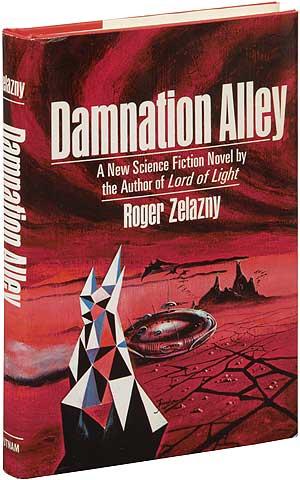
(6) PAY ATTENTION. “Marvel fans are just realizing a neat detail in Captain America: The Winter Soldier is different wherever you watch it” says GamesRadar+.
Some Marvel fans have just realized that there’s an interesting detail in Captain America: The Winter Soldier. The movie features a close-up of Steve Rogers’ notes about pop culture moments he missed, and one fan shared it on Reddit.
They wrote that their “headcanon” was that Rogers invested in Apple after he wrote it down on his list. However, then some viewers realized that the version of the list they’d seen in the movie was actually pretty different. “Interestingly, that list was different depending on where you watched the movie,” one user explained….
…A third pointed out that there is one thing that mostly stays the same on every list though. “All these lists just prove that Thai food rules everywhere,” they commented.
Some of the details on the US list include “Steve Jobs (Apple)”, “Nirvana (band)”, and “Disco” and in the UK, it features “The Beatles”, “World Cup Final (1966)”, and “Sean Connery”. Some other highlights from other countries include “Oldboy” in Korea, “Rafa Nadal” in Spain, and “Tim Tams” in Australia. You can see the variations of the list here….
(7) YOUR PLASTIC FUTURE. “Warner Bros DC & Mattel Ink Consumer Products Deal” – Deadline has the story.
Mattel, Inc. and Warner Bros. Discovery Global Consumer Products announced a global, multi-year licensing agreement utilizing DC’s entire library.
Through the partnership, Mattel is awarded the global licensing rights to develop and market a full range of DC-themed action figures, playsets, accessories, role play products, and adult collectibles starting in the second half of 2026. The agreement spans all DC stories and characters including Batman, Superman, Wonder Woman, The Joker, Harley Quinn, and many more.
Nick Karamanos, SVP of Entertainment Partnerships at Mattel, said: “It is an incredibly proud milestone to welcome DC back to Mattel. We look forward to leveraging our Mattel Playbook approach to brand management, product design, and innovation to bring DC’s popular characters to life across all channels. This renewed partnership will reflect our shared passion for engaging and inspiring fans and collectors of all ages.”
[Thanks to Teddy Harvia, Mike Kennedy, Andrew Porter, Joey Eschrich, John King Tarpinian, Chris Barkley, Cat Eldridge, SF Concatenation’s Jonathan Cowie, Steven French, Kathy Sullivan for some of these stories. Title credit belongs to File 770 contributing editor of the day Daniel Dern.]

